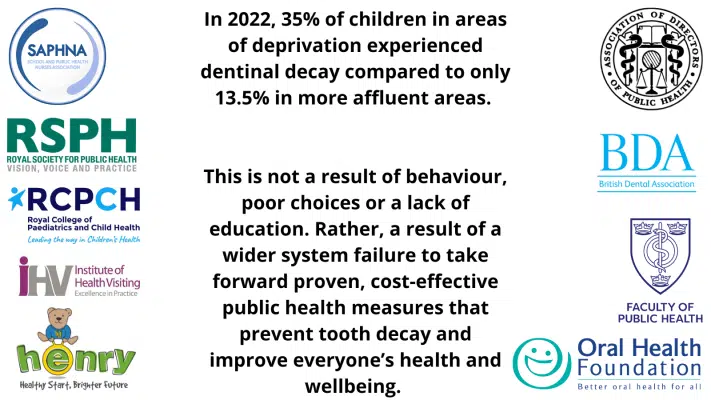The Institute of Health Visiting welcomes today’s publication by the Association of Directors of Public Health (ADPH) which aims to build understanding of the power of framing messaging when communicating about adversity, trauma and resilience in infants, children and young people (ICYP), alongside three clear recommendations for practice.
The iHV is delighted to have been involved as a partner in this important project which forms part of a three-year, four nations collaboration project, funded by The Health Foundation, focused on Infants, Children and Young People (ICYP) and health inequalities. The project aims to increase engagement across the four nations and bring together key partners across the wider determinants of health to discuss policy and the evidence base, share good practice, and produce resources to improve outcomes and tackle health inequalities for ICYP.
Today’s publication, “Talking about adversity, trauma and resilience” is the key output from a workshop held earlier in the year, led by ADPH and FrameWorks UK with a wide range of professionals working in the children’s sector. The aim was to explore ways to better explain the causes and impact of adversity, trauma and resilience faced by ICYP to policy makers and the wider public. Amongst the key drivers was a recognition of the need to shift away from fatalistic or deterministic language which can perpetuate a sense of hopelessness, or a belief that adverse childhood experiences automatically translate into negative outcomes, or that a trauma response permanently impedes a person’s ability to function.
Alison Morton, iHV CEO said:
“This timely and important publication by the ADPH and Frameworks UK helpfully presents guidance on ways to improve our work with infants, children, young people and parents facing adversity and trauma – how we communicate about social issues matters. At the iHV, we were delighted to be involved in the project which provides three clear recommendations that will be invaluable to practitioners, service leaders and policymakers on the importance of framing our messages carefully and the actions needed to create lasting change”.
Framing refers to the choices we make about what we say and how we say it. It’s what we emphasise, how we explain an issue and what we leave unsaid. This is an important aspect of public health as mindsets guide our thinking. Our task as public health professionals is to strengthen the mindsets that are helpful in achieving social change and avoid those that are unhelpful.
The recommendations, which have been endorsed by ADPH, The Health Foundation, School and Public Health Nurses Association, Institute of Health Visiting and NHS Scotland, provide practical guidance for improving understanding, as well as producing resources and literature, about adversity, trauma and resilience.
The skills that the FrameWorks UK team brought to the project were invaluable to its success. FrameWorks UK is a not-for-profit communications research organisation. They work with charities, public sector bodies and other mission-driven organisations to identify the best ways to build understanding and support for social progress and issues like health inequalities and child development.
The following recommendations from FrameWorks UK are designed to help professionals effectively reach the public, community and policymaker audiences by tapping into language and ideas that expand the public’s mental model of how adversity, trauma and resilience works and sparking a sense of collective responsibility for all children by:
- Focusing on community strength, not widespread trauma or crisis.
- Harnessing the power of three – talk about adversity, trauma and resilience together.
- Talking about positive outcomes and collective solutions.
The report also recognises that further research is needed, as not enough research is being done in the UK in this area.




